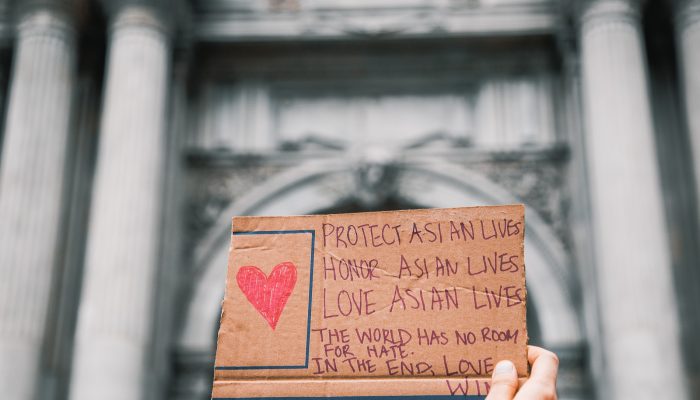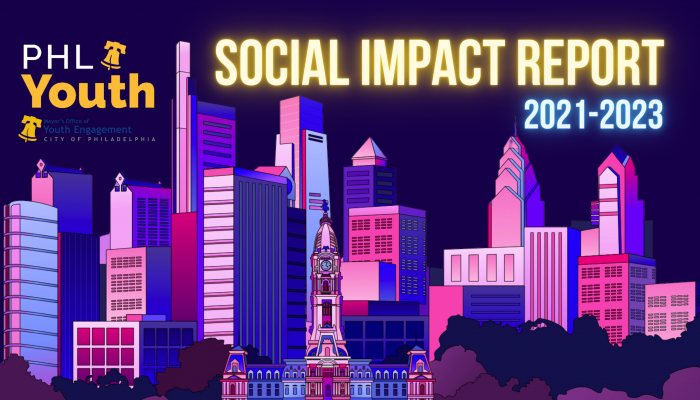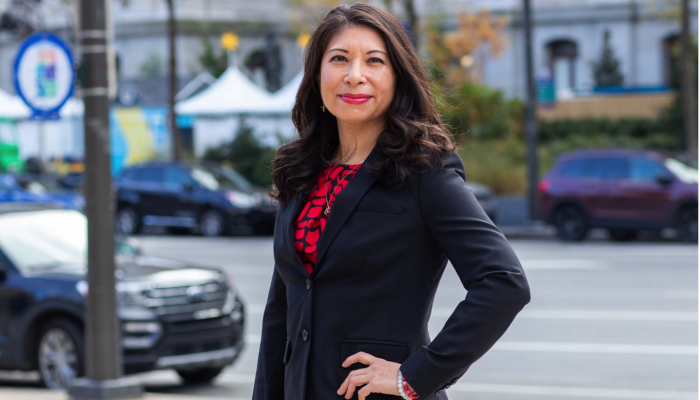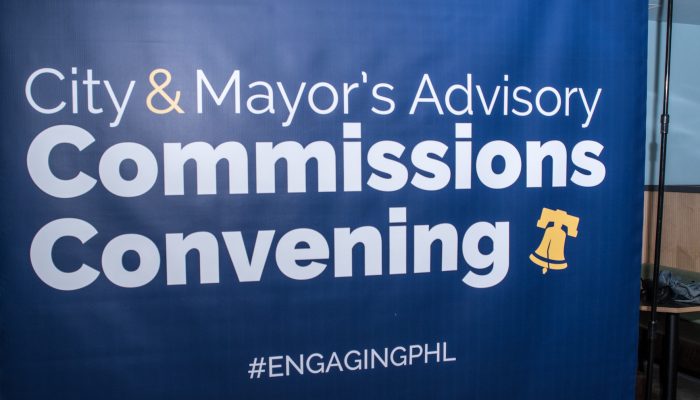On March 16, 2021, eight people were murdered by a mass shooter in several Atlanta spas. Six of those who were killed were Asian American women, emphasizing that women with multiple marginalized identities continue to experience a lack of safety in our communities.
High profile cases of violence against Asian American women, particularly in New York City in recent weeks, have continued to raise the alarm bells. The National Asian Pacific American Women Forum’s (NAPAWF) reports that nearly three out of four Asian American and Pacific Islander (AAPI) women have experienced racism and/or discrimination in the past 12 months, according to a recent report, The State of Safety for Asian American and Pacific Islander Women. And nearly half of the respondents reported such incidents took place in public places such as restaurants, grocery stores, and shopping centers. Other places where discrimination took place include healthcare facilities, schools, places of worship and their own neighborhoods. 38 percent reported experiencing sexual harassment, and 12 percent reported experiencing gender and/or race-based physical violence.
The pandemic not only exposed, but exacerbated existing challenges facing Asian American and Pacific Islander women. Stop AAPI Hate reported that AAPI women report hate and violence 2.2 times more often than men. Pervasive and harmful stereotypes of Asian American and Pacific Islander women as submissive, hyper-sexual, exotic, coupled with a long history of militarization and imperialism in East and Southeast Asian countries, continue to harm AAPI women. Additionally, AAPI low-wage women workers in service industries and health and beauty industries experienced the highest rates of long-term unemployment of any racial/ethnic group during the COVID-19 pandemic.
Building Sustainable Local Solutions
The City of Philadelphia remains committed to addressing AAPI hate and violence, which locally has increased dramatically since the onset of the pandemic. Between 2019 and 2021, hate and violence impacting our Asian American and Pacific Islander residents has increased by 510%. In 2021, nearly half of all bias and hate incidents reported to the Philadelphia Commission on Human Relations impacted Asian American and Pacific Islander residents. The most recent NAPAWF report, however, has given us data to refine and hone our strategies through a gender lense. An inter-agency City effort was established in June 2021 to build a holistic response to AAPI hate and violence through prevention, victim-centered, culturally competent and racially just interventions, and post-trauma care for individuals and the community. This strategy group has defined the following goals that will drive their collective work over the next several months:
- Reassure the public that violence and hate will not be tolerated in Philadelphia, even when anti-Asian and anti-Black sentiment is spoken by tenured faculty at prestigious local academic institutions.
- Host community engagement opportunities that address concerns regarding public safety and race tensions.
- Analyze systemic failures regarding safety and reporting of bias/hate incidents from intergovernmental lense.
How you can get involved
The City is committed to decreasing hate and bias incidents while increasing opportunities for intergroup harmony. On Wednesday, March 16, communities from all across the country will be gathering locally to acknowledge the lives lost due to hate and violence impacting Asian American and Pacific Islander. We encourage you to find an in-person or virtual gathering so that you can be part of the movement to usher in care and support, build community and solidarity. One such event happening in Philadelphia hosted by local community organizations is A Day of Remembrance: Grief, Rage and Action. (Click here for virtual option).
As we continue to heal as a community, the Mayor’s Office of Public Engagement invites community organizations and leaders to engage in conversation to create mutual understanding and support. One such program is the Black + Gold Series, the first of its kind initiative sponsored by a municipal government. Community leaders and interested parties are invited to submit your ideas for programs that can create dialog and unity across Asian and Black communities in your neighborhoods, schools, community centers, or virtually.
Lastly, the Philadelphia Commission on Human Relations (PCHR) stands ready to support communities with a desire to deepen relationships. PCHR has proactively worked to address ongoing tensions by offering trainings in conflict management, reporting hate, and bias awareness; or by partnering and organizing opportunities for intergroup dialogue, such as through the Breaking Bread, Breaking Barriers initiative. As an administration, we’ll be exploring such programming in the coming months through the Black + Gold Series that can bring different racial groups together who live in the same neighborhood and either did not interact or had tensions with each other learn more about each others’ cultures through food and facilitated conversation.




